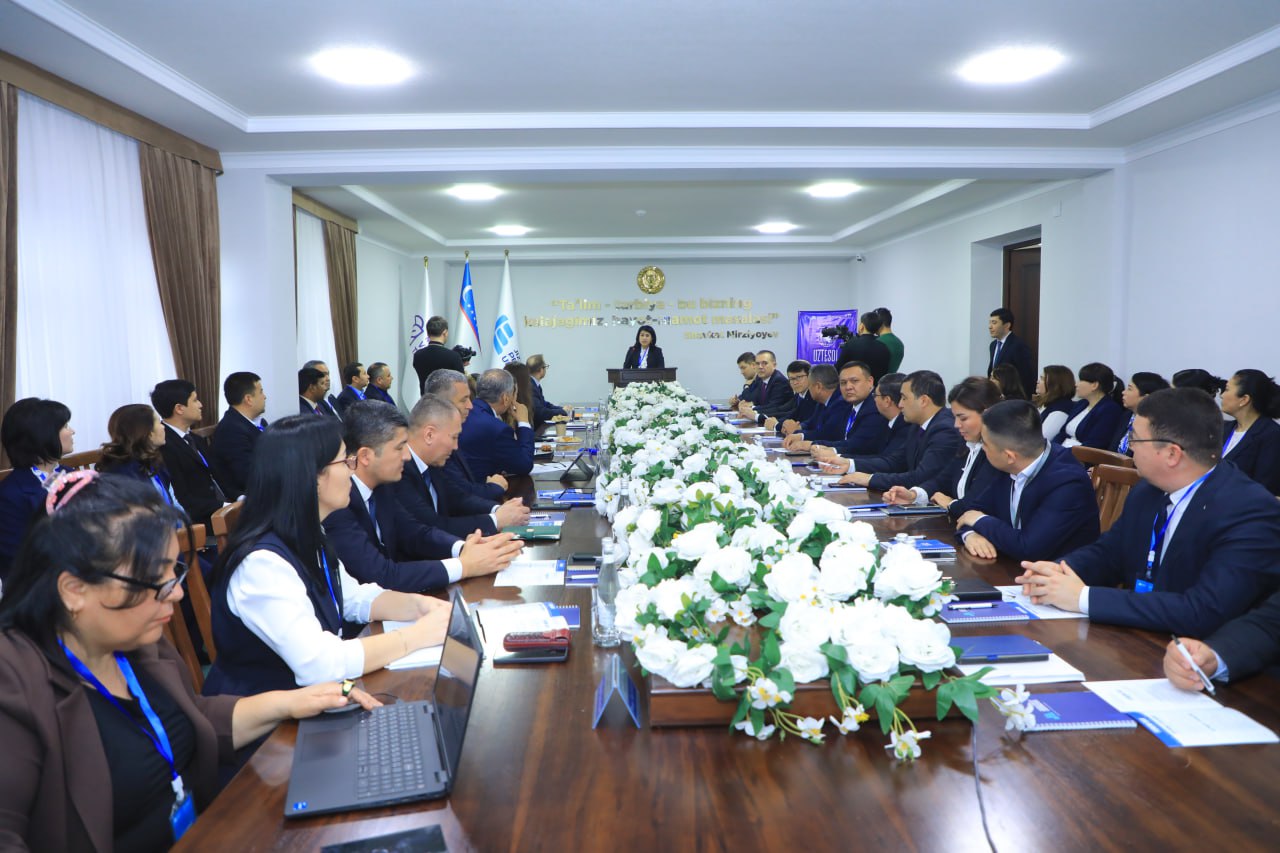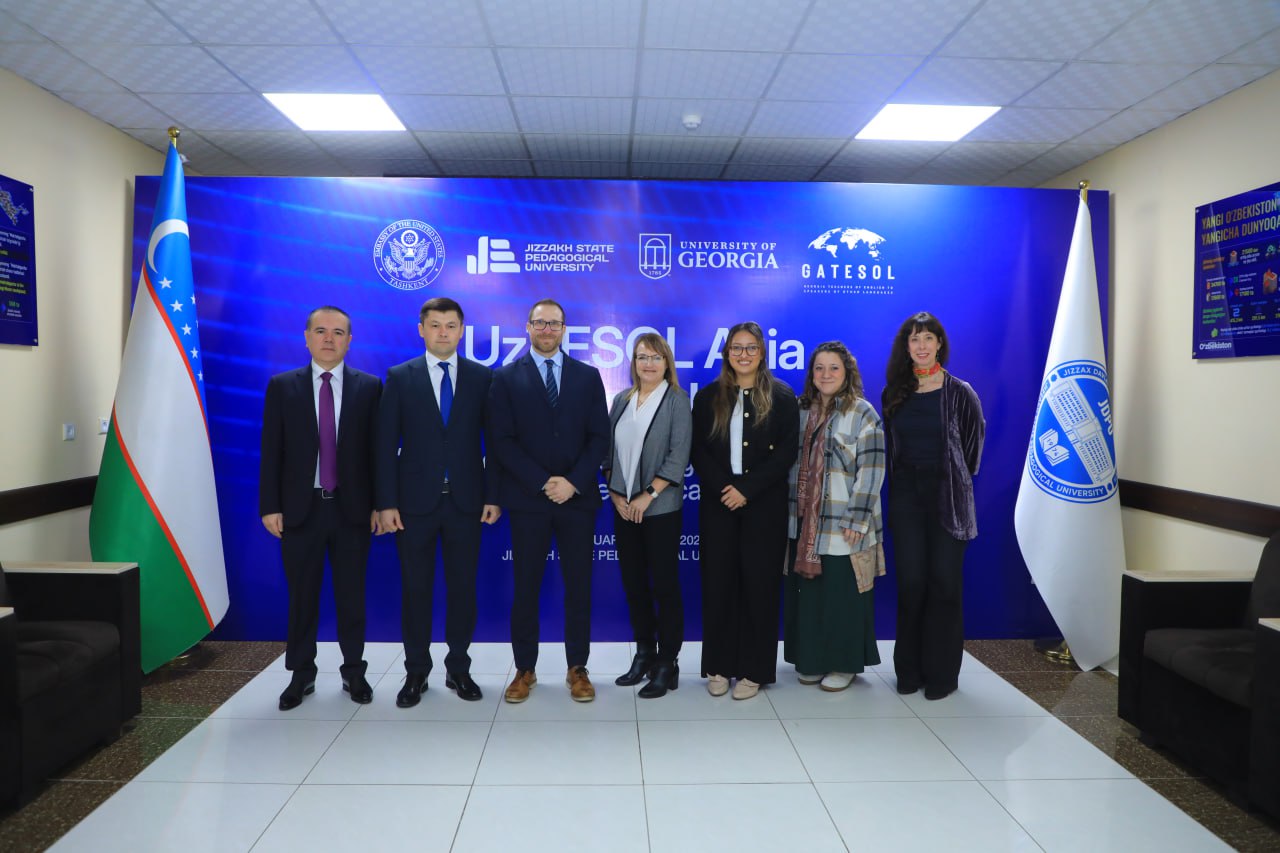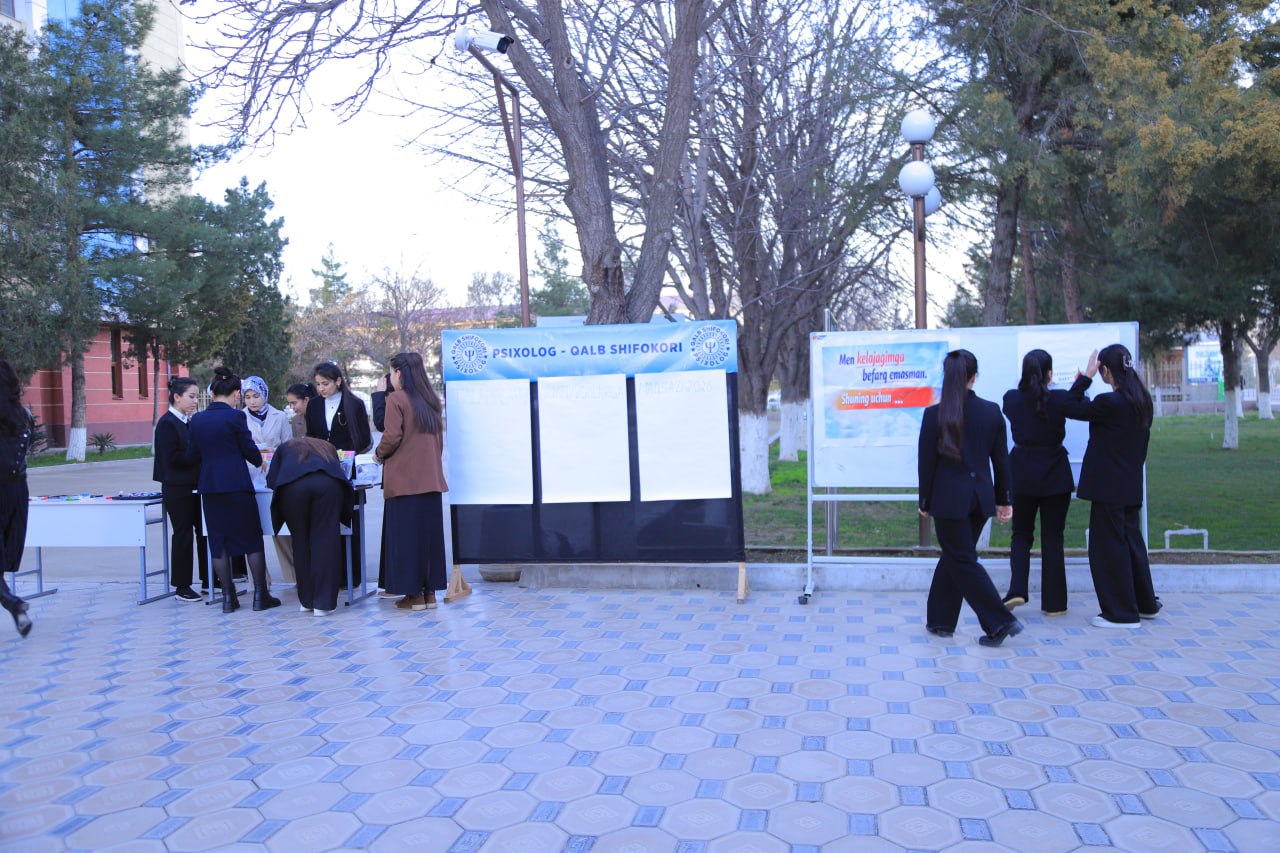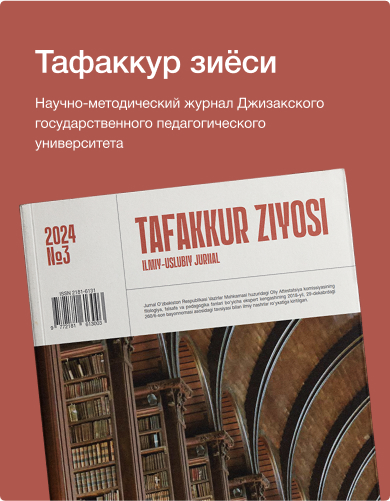Hamrayeva E’zozxon Muzaffarovna
Independent researcher, Jizzakh State Pedagogical University
Annotation
This article focuses on the substantial and structural essence of speech competence of the personality, its importance.
Keywords: language personality, speech activity, language and communicative competence, speech competence, competence, structural components, functions.
In the context of the competence approach in the modern educational system of higher education, the formation of speech competence is given great importance. According to scientists, a modern university graduate should not only be educated, capable of analyzing and solving complex problem situations, but also should pay attention to their own speech culture, which is an obligatory component of their professional and personal development.
Language education must necessarily include three components: the formation of linguistic (linguistic) competence (scientific knowledge of the language), speech competence, communicative competence (the ability to effectively use all verbal and nonverbal means to carry out successful communication in different spheres of communication). Our interest in the structural and substantive features of speech competence is due to the fact that the competence we study occupies a special place among the components of linguistic education: it is an important link between language as a system of signs and symbols (linguistic competence) and successful communication (communicative competence). It means the possession of methods of forming and formulating thoughts through language and the ability to use such methods in the process of perception and generation of speech. However, speech competence, like language competence, is not an end in itself, but an intermediate link on the way to communicative competence. It is subject to assimilation to the extent necessary and sufficient to solve the problems of interaction in the process of communication in accordance with the norms of the language being studied, the usage and traditions of the culture of this language. The content of speech competence for different levels and stages of training is fixed in state educational standards”. Language is a structure-forming element of education, since it is knowledge of the language that makes it possible to fully master academic disciplines. For the first time this concept was used in works by V.V.Vinogradov, Yu. N. Karaulov introduced it into wide scientific use. They proposed that a linguistic personality should be understood as “a set of abilities and characteristics of a person that determine the creation and reproduction of speech works (texts) that differ:
- a) the degree of structural and linguistic complexity,
- b) the depth and accuracy of reflection of reality,
- c) a certain target orientation …”.
The educational process of preparing a future preschool teacher is based on speech activity. In this activity, all its features are expressed: the perception of the speech of another, the expression of one’s speech by the teacher and students, the impact on the participants of educational and extracurricular activities with the help of logical and expressive forms of speech activity. Speech activity can be used during the entire educational process at the university and determines the nature of future pedagogical activity, because:
it is a means of cognition of students;
it is an expression of the student’s cognitive activity;
it is the basis of various interpersonal relationships;
contributes to the formation of the student as a subject of professional activity, and hence their competence.
Therefore, it is necessary to organize the pedagogical process at the university in such a way that the process of forming speech competence becomes more effective. The successful formation of speech competence should become one of the main tasks not only in the study of speech disciplines, but also of all other disciplines studied by students in accordance with the curriculum: any academic discipline in the professional training of a future preschool teacher should aim at the development of students’ speech activity, taking into account the specifics of a particular discipline, the individual abilities of each student. The task of each teacher is to use speech activity in the educational process to form the most important personal formations of students, leading them to an active position of the subject in educational activities. Thus, there is a need to use this function of speech activity in their future teaching activities. This is the role of speech activity in the formation of speech competence: by putting the student in a subjective position in speech activity, we determine the direction of his future pedagogical activity, which will have a humanistic character. Today, it is obvious to everyone that it is necessary to pay more attention to the formation of students’ speech competence in the system of vocational education, because it determines, on the one hand, the personal development of a university graduate, and on the other, the level of development of society as a whole.
References
- Аzimov E. G., Shchukin А. N. Novyj slovar’ me[1]todicheskikh terminov i ponyatij (teoriya i praktika obu[1]cheniya yazykam). M., 2009.
- Makarova L. N. Razvitiye stilya pedagogicheskoj deyatel’nosti prepodavatelya vuza // Pedagogika. 2005. № 6. S. 72-80.
- Manayenkova M. P. Rechevaya kompetentnost’ vypusknika vuza – osnova yego uspeshnoj sotsializatsii // Sotsial’no-ekonomicheskiye yavleniya i protsessy. 2013. № 9. S. 156-158.
- Sharshov I.А., Makarova L.N. Problemnye aspekty povysheniya kvalifikatsii nauchno-pedagogicheskikh kadrov // Vestnik Tambovskogo universiteta. Seriya: Gumanitarnye nau[1] 2010. № 10. S. 7-11.





